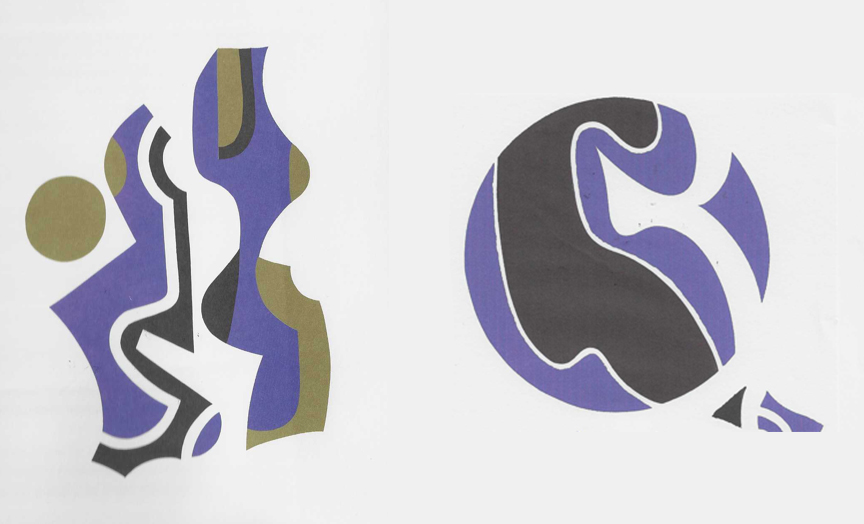Leicester Bach Choir concert on 16th March performs music for choir and soprano, some by British composer & recent classic FM’s composer in residence, Patrick Hawes. Patrick set the raunchiest of biblical texts to explore different kinds and aspects of love. It comes from an Old Testament book with two names: both the Song of Songs and the Song of Solomon.
The Song of Songs is only 6 pages, one of the shortest in the bible, but surely one of the best-read. It mainly comprises conversations between a man and a woman. I came across it about 20 years ago, when the Church of England had issued a provocative report about taboo subjects, called Money, Sex and Religion. The vicar of St James at the time, Glynn Richerby, had decided to give one sermon a week on each of those three topics.
For the week on sex, Glynn asked my late husband & me to read the following consecutive verses, one after the other. As Jonathan started reading, the church fell into that startled silence that feels as if something dangerous is happening and people are holding their breath. As he read on, I felt as if I was slowly being stripped naked before the congregation, but needed to be proud not ashamed. My responding text could not be more open.
O queenly maiden!
Your rounded thighs are like jewels,
the work of a master hand.
Your navel is a rounded bowl
that never lacks mixed wine.
Your belly is a heap of wheat,
encircled with lilies.
You two breasts are like two fawns,
twins of a gazelle.
You are stately as a palm tree
and your breasts are like its clusters.
I will climb the palm tree
and lay hold of its branches.
Oh, may your breasts be like clusters of the vine,
and the scent of your breath like apples,
and your kisses like the best wine
that goes down smoothly,
gliding over lips and teeth.
I am my beloved’s
and his desire is for me.
Come, my beloved,
let us go forth into the fields,
and lodge in the villages;
Let us go out early to the vineyards,
and see whether the vines have budded,
whether the grape blossoms have opened
and the pomegranates are in bloom.
There I will give you my love.
This woman’s response becomes the first of the Hawes songs we perform. But of course, love is not always so sweet. In the last Hawes song, Love’s Echo, a woman waits then searches for her absent lover, who does not answer. Are we being invited to see that we may also have to wait for a spiritual response that does not just come when we call?

